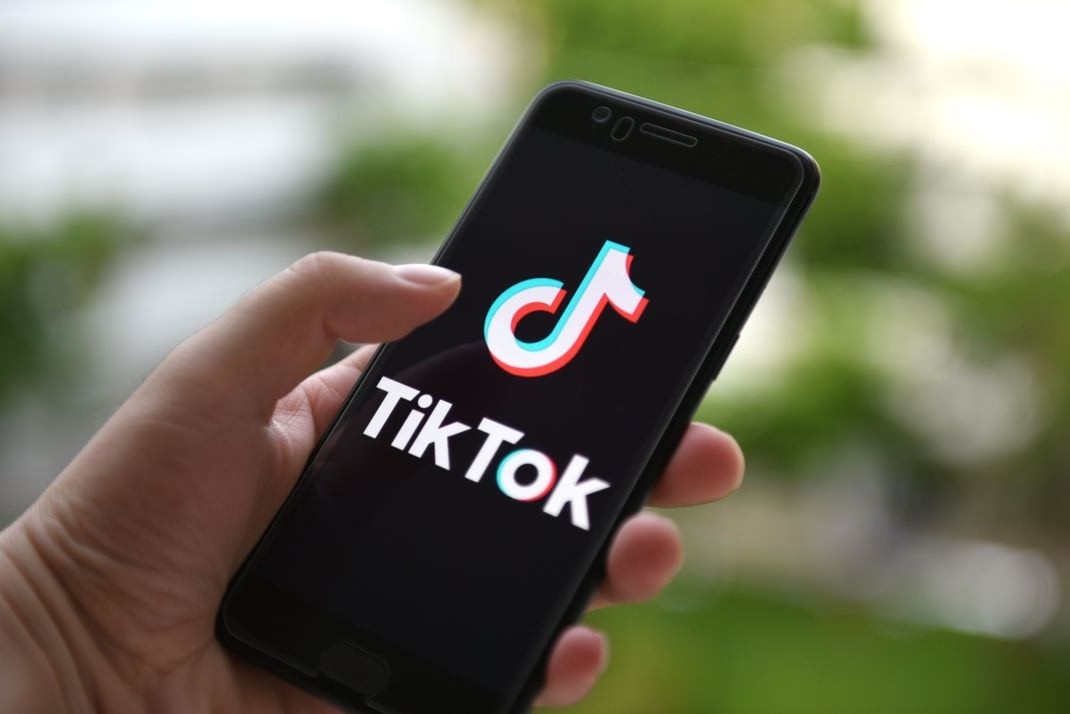TikTok argues that efforts to restrict it would hamper the free speech of 170 million Americans who use the short-video platform.
Wednesday's bill, overwhelmingly passed by the U.S. House of Representatives, would give TikTok's Chinese owner ByteDance about six months to divest the U.S. assets of the short-video app, or face a ban. The bill was passed in the House with 352 affirmative votes and just 65 representatives dissenting.
Wang Wenbin, a spokesperson for the Ministry of Foreign Affairs of China, accused the US of “resorting to acts of bullying” when it could not succeed in fair competition, saying such practice would disrupt market operations, undermine investor confidence and sabotage the global economic order.
According to supporters of the ban, TikTok poses a threat to U.S. national security. They have long voiced concerns that the Chinese government could compel TikTok’s parent ByteDance to hand over data collected from US users. They also fear that the app could serve as a tool for Beijing to spread propaganda, misinformation or influence Americans.
The company has denied claims of government influence, stressed that it does not share data of U.S. users with the Chinese authorities and pointed to its funding from international investors.
Maria Belyaeva, an expert at the BRICS Competition Centre, considers the current situation ambiguous:
"It is obvious that TikTok has not provided convincing guarantees of the security of personal data of American citizens and the absence of Chinese interference. Although the proposed ban does interfere with free activity and restrict competition, security considerations are also quite fair — on this basis, China itself can sometimes restrict the activities of foreign companies or cooperation with them.”
The federal government already bans TikTok on government-owned devices. Other countries around the world have also taken steps to ban or restrict the popular app — even as TikTok bans have faced criticism including from free-speech advocates, content creators and Beijing.
For example, TikTok is banned in India and Nepal. The European Parliament, European Commission and European Council — banned TikTok from staff phones last year. The measure would help protect “against cybersecurity threats and actions which may be exploited for cyberattacks,” the European Commission said in its announcement.
In addition, the use of TikTok on government employees' devices is banned in Canada, the United Kingdom, Australia, New Zealand, Taiwan.
Sources: Reuters, CNN, SCMP, Washington Post




